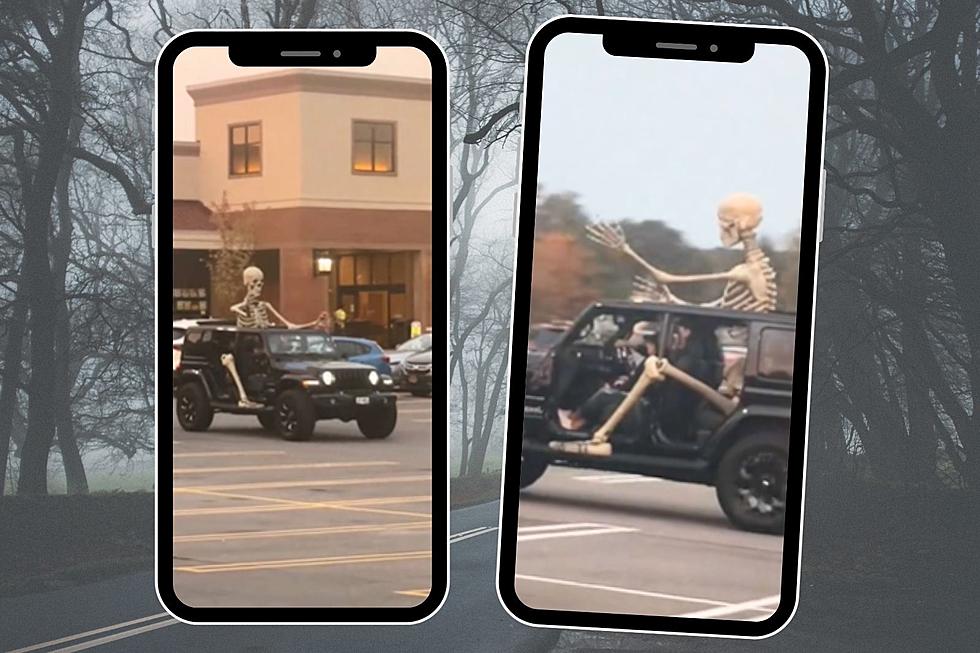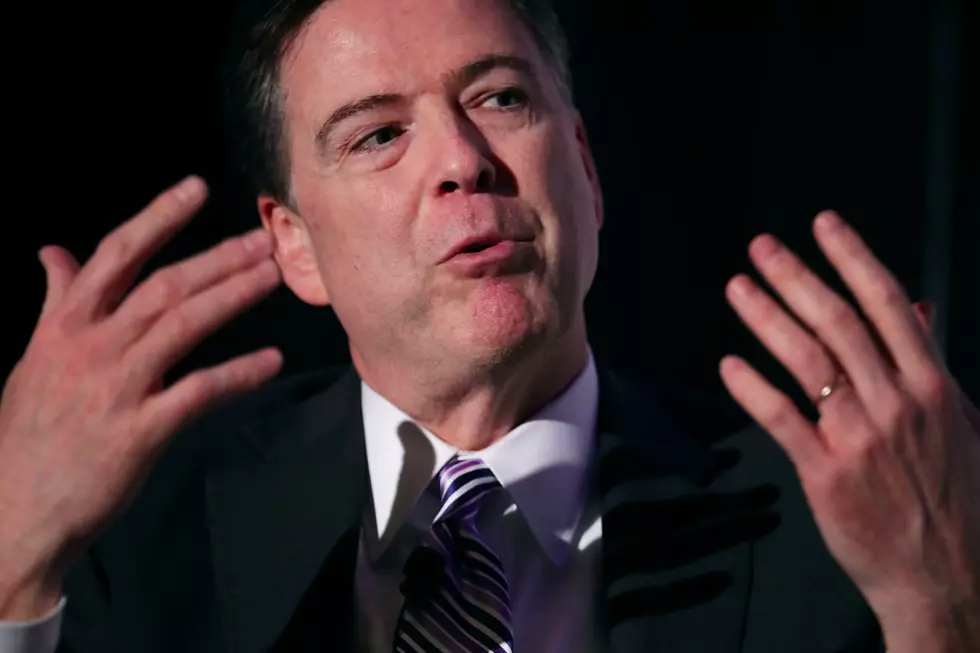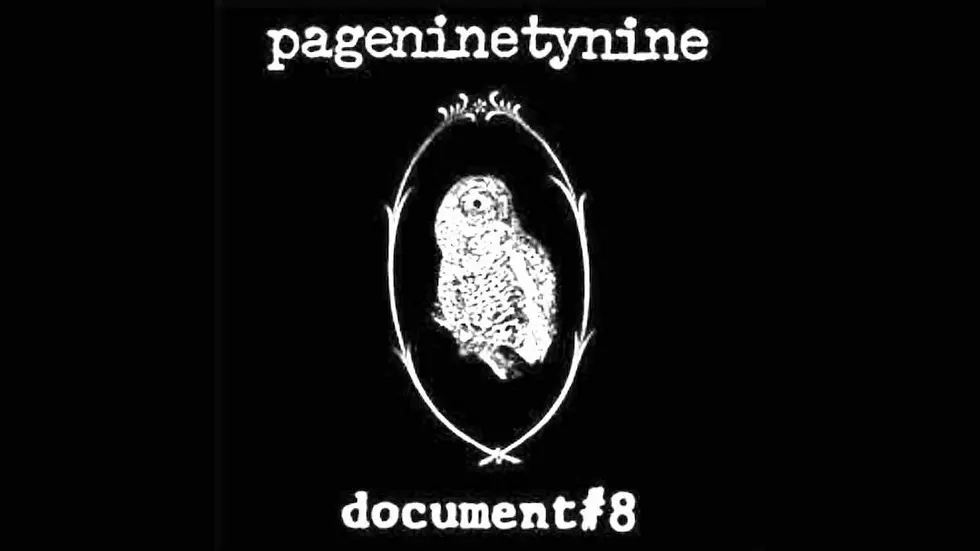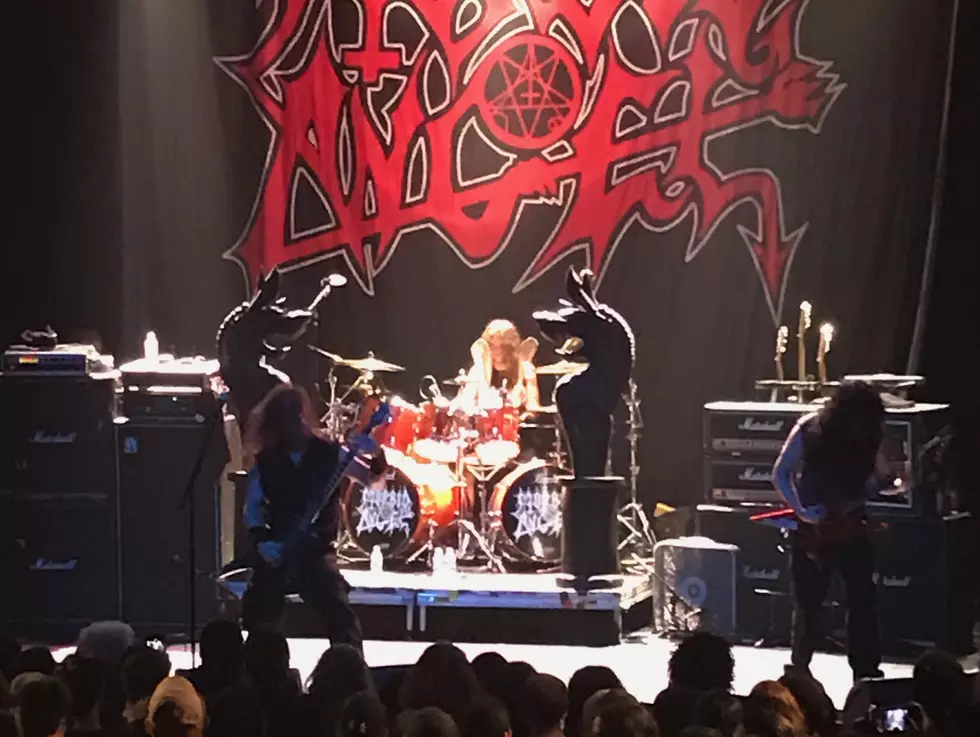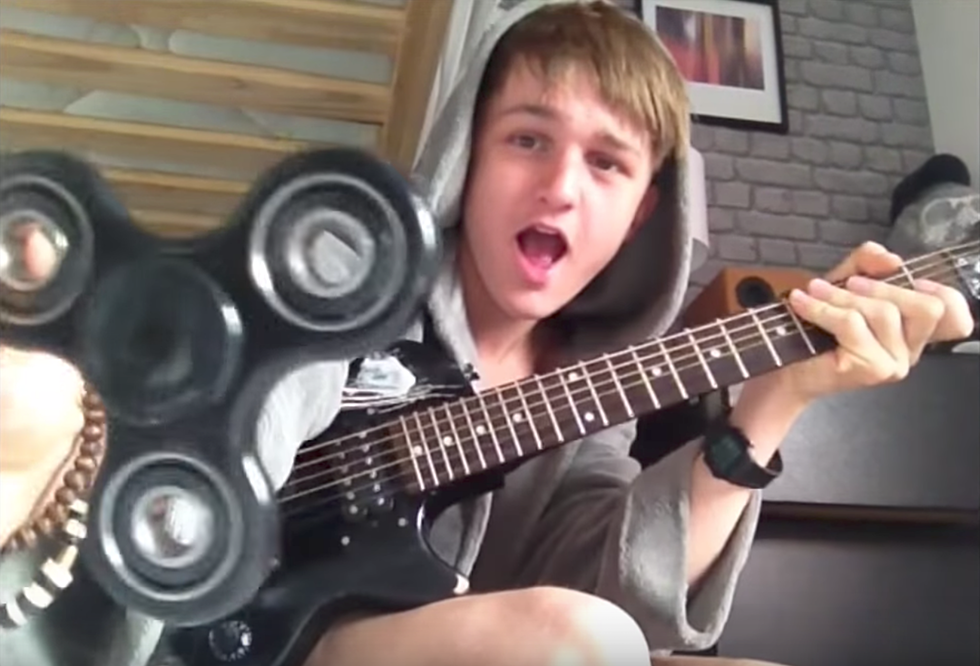
What Does Manchester Mean for the Future of Live Music?
While the ramifications of the incredible tragedy in Manchester will undoubtedly cause ripples across the pond and throughout the music industry in general, it will likely affect the way that we attend concerts as well. But outside of changes in security, how will it affect what we see, when, or even who we see and if we would see them? To answer that question, we took a sampling of bookers, agents, concertgoers and artists to see how — or if — they plan to change what they do in the wake of this disaster. Their answers are below.
Dhruv Prasad, Executive Vice President, Live Events
I don't think it changes anything within the way that we do business specifically. This is an animal of a different type. In the history of live entertainment, there has been tragedy, whether that was trampling, murder, fire, drug overdoses, what have you. This has nothing to do with the artist or the audience; it's a terrorist attack, pure and simple. It does have everything to do with the way we look at security, which may, in the future, look more like airplane security.
This morning, any responsible promoter or venue head woke up, looked at their venue procedures and thought, "How can we avoid this tragedy?" But I don't think it will change the creativity or the way that we book.
"Freaky" Franz Lyons of Turnstile
That is such a crazy thing to see or hear about. Not that long ago, Turnstile played Paris. It was like a week [after the November 2015 attacks], and we were only around 10 blocks away [from the Bataclan], so we went and paid our respects to the venue and those people and the band. That could have happened anywhere, whether it was a stadium full of people or down the street in that 250-cap venue that we were playing. The vibe in Paris when we played … it wasn’t even our regular crowd there. It was honestly people who wanted some sort of live music or some sort of emotional connection through music. Any sort of outlet, because they had been on lockdown by [these madmen] after the fact, by causing all of this destruction and disorder. So, it’s kind of low-key, a musician’s responsibility to keep push and to keep playing. Yeah, make it as safe as possible, but you can’t stop. That’s like killing a group in a whole different way, spiritually. You can blow up the venue where I was playing, but you can’t stop me from playing and trying to bring some sort of joy or outlet or relief, as small as that may be. It’s low-key, your duty to leave a place better than you found it.
Alisa Preisler, Booking Agent, Ground Control Touring
I don’t think this tragic event will change the venues I am booking that drastically, but it's clear that there needs to be more of a responsibility to make sure that venues are protected and that concertgoers are protected — from the first person to enter the venue to the last person to leave.
Between this and the Bataclan, it shows that this can happen anywhere, at any time, and at any level. I think we'll see an uptick in venue vigilance and heightened awareness. It’s part of my job to make sure fans and bands are safe, and as an agent, I feel like it's imperative to make sure everyone is doing their due diligence to make the venues as secure as possible.
Ricky Singh, A&R, Roadrunner Records and Guitarist of Backtrack
I think that it doesn’t affect who we would work with. I think if you’re looking at it from being scared of what bands to work with, you are looking at it the wrong way. "Suffer, to Return Harder" keeps ringing in my head. It’s so important to keep on fighting. From a label standpoint, people go to these concerts to unwind and enjoy themselves. Its very frustrating to see that as a target for some madman. Even a situation like 9/11 … watching The Tonight Show and seeing the comedians trying to bring joy during those dark times — it’s a burden on those people, but its still important in these situations.
Brian Montuori, Artist and Concertgoer
People didn't stop sending their children to elementary schools when crazy people with firearms started showing up in record numbers, so I don't see a realistic scenario where people would start panicking to try get rid of Coldplay tickets out of fear for their own lives. In fact, it's probably the opposite. In the wake of a tragedy, survivors tend to celebrate and feel the need to cut loose as a remedy to the stresses of said tragedy. New York was a good example. After 9/11, there were maybe two months of real "what the fuck," but from around Thanksgiving until the Afghanistan war started in 2003, the city was a nonstop party going eight nights a week. Terrorism isn't a very intelligent operation. Bomb a concert and people will live through it and want to be alive to attend more concerts, because they're fun and take a person's mind off of whatever bullshit somebody was trying to accomplish by bombing a concert in the first place.
Kerstin Hern, Concertgoer
I would say that, given all of the horrible shit that has happened at music-specific events over the last couple years (and even historically), from small-scale shows to huge stadium events, it really feels like anyone and everyone could be targeted / affected. It's unfortunately commonplace now, albeit terrifying, so I am definitely more aware and cognizant of my surroundings ... But the way I look at it is this: In many ways, music has saved my life (Iiterally 24 Hour Revenge Therapy, Hate Them and Bikini Kill collectively kept me alive in ninth grade), so I refuse to let fear stop me from attending shows. If I'm going to die, I'd much rather leave this toilet world watching a band I fucking love. Listening to their music that fills my heart with happiness.
More From CLRVYNT
